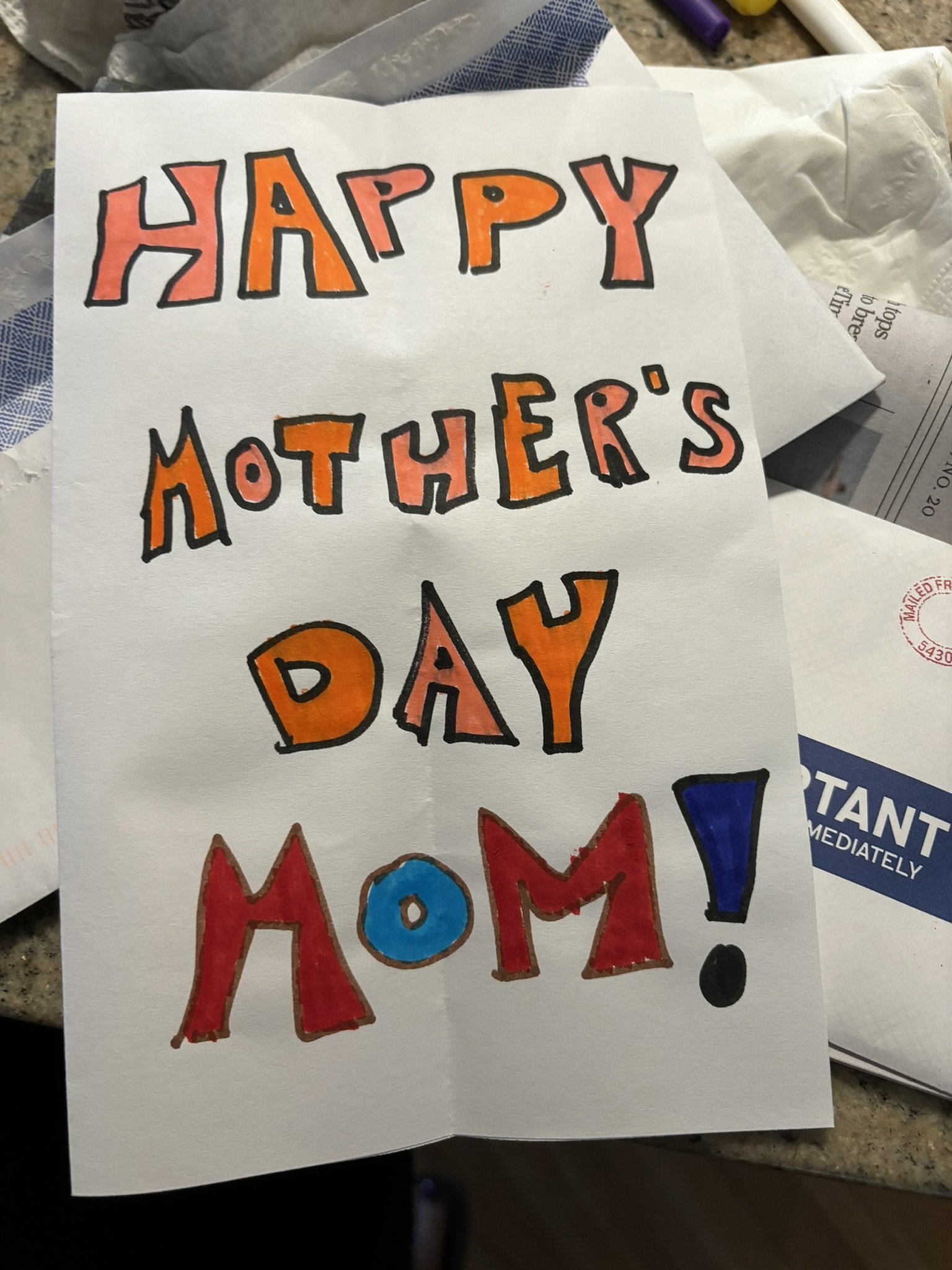Between Psychosis and Success: What if Your “PosSCZible” is Somewhere in the Middle?
May 24 is World Schizophrenia Awareness Day, and Bristol Myers Squibb has launched a new campaign, Live Your PosSCZible" with today’s news featuring Taye Diggs interviewing his lovely sister Christian, currently in recovery from schizophrenia and living her “Possczible.”
I’m thrilled that this illness is getting some attention, probably new treatment, and - most of all - hope. Not to mention a call to reduce stigma, and spotlight the human face of SZ, and what is possible.
I am all for it.
In fact, we have interviewed many of the people featured in this campaign on our podcast, Schizophrenia: 3 Moms in the Trenches. Impressive indeed. And kudos to all. Seriously. I mean that with all my heart.
But (to channel Carrie Bradshaw) I couldn’t help but wonder:
What about all the people like my son, whose picture of “recovery” is quite different? Who is far from a poster child for recovery from schizophrenia? Whose “good years” - in treatment and with gainful employment - still looked, to many, like something was not quite right?
I used to say, during those years (when Ben was taking his medication regularly - only because it was a house rule, but hey) “I’ve got my son back, to an extent. Let’s say, 65%. But I’ll take it!”
I knew, and I still know, that 65% back is a miracle.
But my son is not represented in this campaign. He would never agree to it. Why? Because he doesn’t believe he has schizophrenia - and that, my friends, is the big obstacle.
You see, all the success stories presented in this campaign - and also on many episodes of our own podcast - have this in common: they know they have schizophrenia.
They do not have anosognosia. (the lack of awareness that you are ill)
Maybe they once did, but they don’t now. They take their medication, they accept treatment.
But what about my son, and thousands like him?
Why are the stories of the “in-betweens” not covered in these campaigns?
People who, like my son, did not get diagnosed early enough to ward off brain damage? Those who developed first symptoms in their mid-teens, not (as is more common with women) in their 20’s?
What does “Possczible” look like for them?
Ben is finally - finally - out of jail where he was held, pretrial, for nine months, waiting for a bed in a diversion program. His teeth are black from his meds. He barely makes enough to afford housing when he graduates.
Holding a job is hard, as his symptoms can return when it comes closer to the time he has his monthly long-acting injection. He could supplement with a daily med, but he doesn’t think he has an illness. He only takes the meds because he has to - for this program, for his family.
Still he has this in common with Taye Diggs’ sister (and many others in the “success story” categories) - family support. He has his family’s love - and often their help.
Not everyone in recovery from this devastating illness has a Masters’ Degree and a Full-Time job. For some, just staying out of the hospital is a victory. Staying away from substances that take the pain away, temporarily, is a victory. Getting a birthday present. Going to Thanksgiving Dinner.
Or, in our case, sending your Mom a Mother’s Day Card.
Bristol Myers Squibb and all of you - thanks for this campaign. Anything is better than stigma. But let’s not leave out the people in the middle - and their families and caregivers.
We need Possible too.

